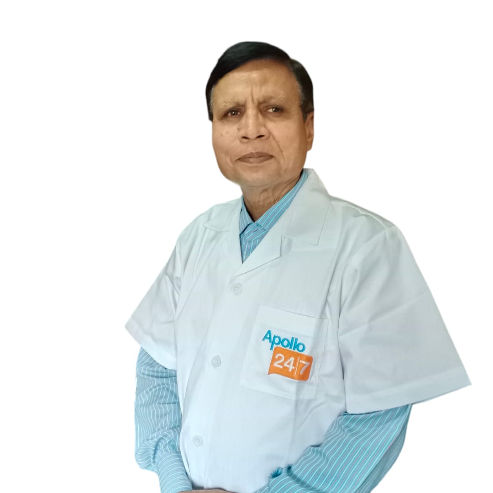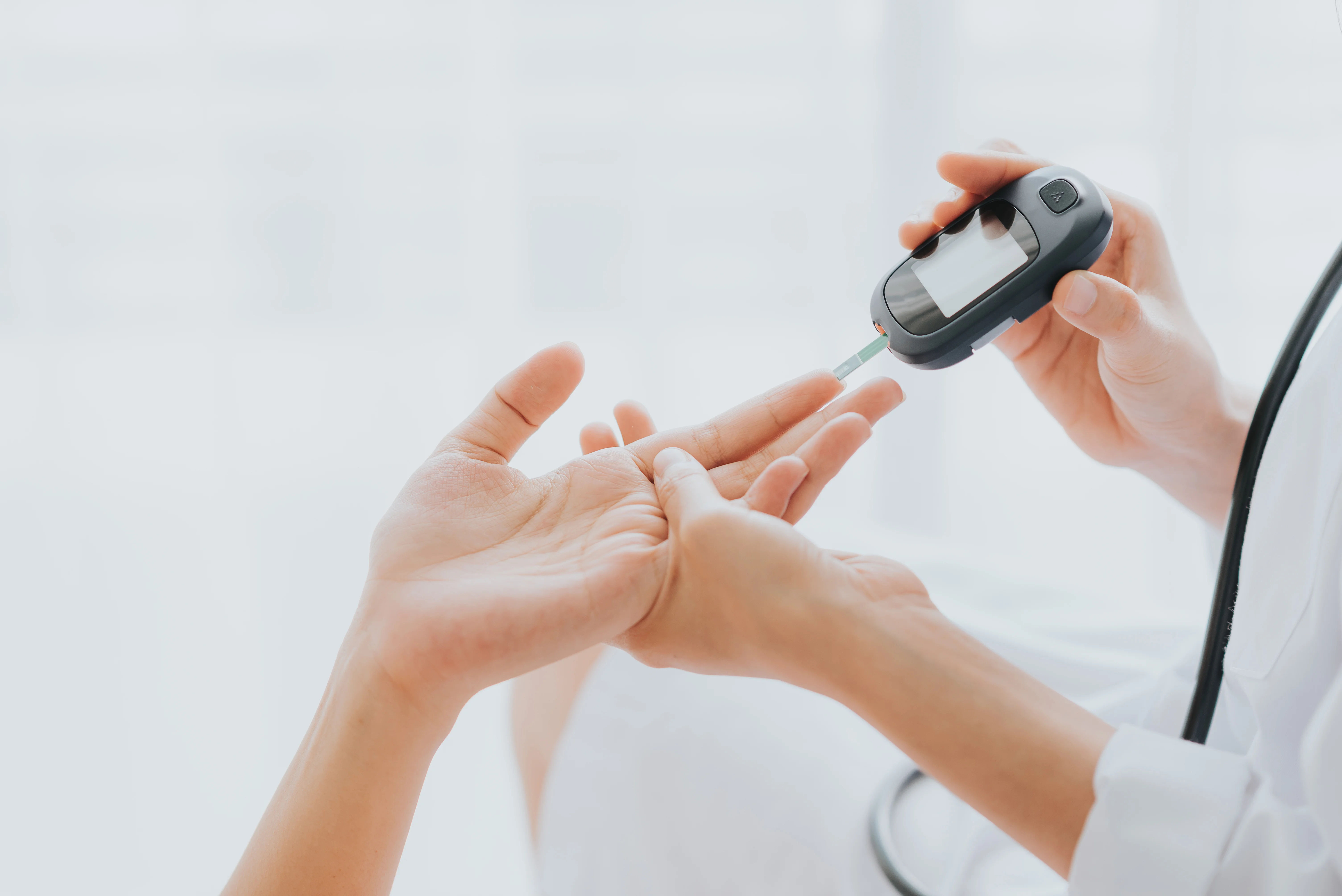ACL Injury: Symptoms, Causes and Treatment
Discover the causes, symptoms, and treatment options for ACL injury, including recovery tips to restore knee strength, stability, and function.


Introduction
An ACL (Anterior Cruciate Ligament) injury is a common knee problem, especially among athletes and active individuals. Whether you're a sports enthusiast or someone who enjoys daily physical activities, understanding ACL injuries can help you prevent, recognize, and manage them effectively.
What is an ACL Injury?
The ACL is one of the major ligaments in your knee that helps stabilize the joint. It connects the thigh bone (femur) to the shin bone (tibia) and prevents excessive forward movement of the tibia. An ACL injury occurs when this ligament gets stretched, partially torn, or completely torn.
Consult an Orthopaedic Surgeon for the best advice
Common Causes of ACL Injury
ACL injuries often happen during activities that involve sudden stops, jumps, or changes in direction. Some common causes include:
Sports Injuries – Football, basketball, soccer, skiing, and gymnastics involve quick pivots that can strain the ACL.
Sudden Stops or Changes in Direction – Rapid deceleration while running can stress the ligament.
Direct Impact or Collision – A hard blow to the knee (e.g., in a car accident or contact sports).
Landing Incorrectly from a Jump – Poor landing mechanics can put excessive pressure on the knee.
Overuse or Weak Muscles – Weak thigh or hamstring muscles may fail to support the knee properly.
Symptoms of an ACL Injury
If you’ve injured your ACL, you may experience:
A loud "pop" sound at the time of injury.
Severe pain and inability to continue activity.
Swelling within a few hours.
Loss of full range of motion in the knee.
Instability or feeling like the knee "gives way" when walking.
If you notice these symptoms, it’s important to seek medical attention to prevent further damage.
How is an ACL Injury Diagnosed?
A doctor will perform:
1. Physical Examination – Checking for swelling, tenderness, and knee stability.
2. Imaging Tests –
X-ray (to rule out fractures).
MRI (to confirm ligament damage).
Early diagnosis helps in planning the right treatment.
Treatment Options for ACL Injury
Treatment depends on the severity of the injury and your activity level.
1. Non-Surgical Treatment (For Partial Tears or Less Active Individuals)
Rest & Ice – Reduce swelling and pain.
Compression & Elevation – Helps with recovery.
Pain Relievers – Over-the-counter medications like ibuprofen.
Physical Therapy – Strengthening exercises to restore knee function.
Bracing – Provides support during healing.
2. Surgical Treatment (For Complete Tears or Active Individuals)
ACL Reconstruction – A surgeon replaces the torn ligament with a graft (from your own tendon or a donor).
Rehabilitation – Post-surgery physiotherapy is crucial for regaining strength and mobility.
Recovery & Prevention Tips
Here are some helpful recovery and prevention tips to support healing and reduce the risk of future ACL injuries.
For Recovery:
Follow your doctor’s and physiotherapist’s advice.
Avoid high-impact activities until fully healed.
Strengthen leg muscles (quadriceps, hamstrings) to support the knee.
For Prevention:
Warm-up properly before exercise.
Strengthen leg muscles with targeted exercises.
Improve balance and agility with training.
Wear proper footwear for sports.
Practice safe landing techniques (bend knees when jumping).
When to See a Doctor?
If you experience:
Persistent knee pain or swelling.
Difficulty walking or bearing weight.
A feeling of knee instability.
Don’t ignore these signs; early treatment can prevent long-term damage.
Final Thoughts
An ACL injury can be painful and disruptive, but with proper care, most people recover well. Whether through rest, therapy, or surgery, the right treatment plan can help you return to an active lifestyle. Stay mindful of knee safety, and don’t hesitate to seek medical advice if needed!
Consult an Orthopaedic Surgeon for the best advice
Consult an Orthopaedic Surgeon for the best advice

Dr. Anil Pradeep Jadhav
Orthopaedician
23 Years • MBBS MS (Ortho)
Nashik
Apollo Hospitals Nashik, Nashik
(25+ Patients)

Dr. Suraj Prakash
Orthopaedician
5 Years • MBBS, MS (Ortho)
Bengaluru
Apollo Clinic, Indiranagar, Bengaluru

Dr. Rupam Chowdhury
Orthopaedician
10 Years • MBBS, DNB (Ortho.)
Kolkata
MCR SUPER SPECIALITY POLY CLINIC & PATHOLOGY, Kolkata

Dr. Susheel B
Orthopaedician
13 Years • MBBS, MS, Ortho Fellowship in Trauma ( Germany) Fellowship in Arthroscopy and Arthroplasty ( Switzerland)
Bengaluru
Apollo Medical Center, Marathahalli, Bengaluru

Dr. Padam Singh Gautam
General Physician/ Internal Medicine Specialist
43 Years • M.B.B.S (WARDHA M. S.), F.A.G.E. (MANIPAL), F.A.I.M.S. (Pb.), M.A.I.M.S. (Pb.), M.R.S.H. (LONDON)
Noida
Dr Padam Singh Gautam Fracture Clinic, Noida
(250+ Patients)




